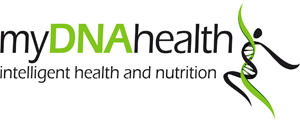The liver is the main detoxification organ of the body responsible for neutralising and eliminating the extra toxins that our bodies are exposed to on a daily basis. When optimum nutrition is provided, the liver operates efficiently.
Unfortunately, too many people have diets that are toxic or contain insufficient nutrients to provide the liver with everything it needs for the detoxifying process. If nutrition is compromised through these poor dietary and lifestyle habits, the detoxification process will be impaired and health will suffer as the body retains the toxins it cannot eliminate.
The liver uses a two-step enzymatic process to neutralise unwanted chemical compounds, with an intermediate step that is pro inflammatory and prone to oxidative stress. These toxic compounds include toxins such as drugs, pesticides, as well as toxins from the gut and normal body chemicals such as hormones and inflammatory chemicals (such as histamine) that become toxic if allowed to accumulate in the body.
But there is more to detoxification than just the liver. If the bowel is constipated (less than a bowel motion daily), then many of the toxins eliminated by the liver through the bile get reabsorbed in the small intestine, and return to the liver, making it work extra hard to remove the extra load.
If the gut flora is imbalanced, then the toxic bacteria or yeasts in the intestines create even more toxic chemicals and a vicious cycle of toxic overload is then experienced. The kidneys filter and excrete toxins through urine, also require support in the form of adequate hydration.
The rate at which the liver can eliminate toxins can determine susceptibility to toxic overload, which in turn can lead to symptoms of poor health. Many inflammatory conditions such as arthritis, cardiovascular problems, headaches, chronic fatigue, and premature ageing can all be caused by a buildup of toxins that the liver is not able to cope with.


